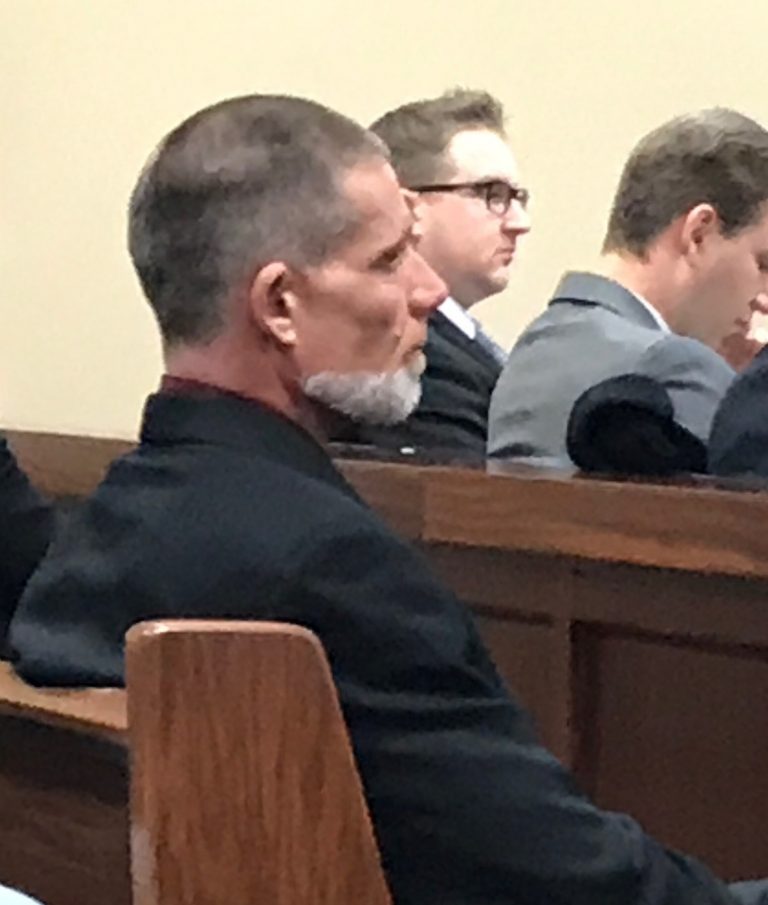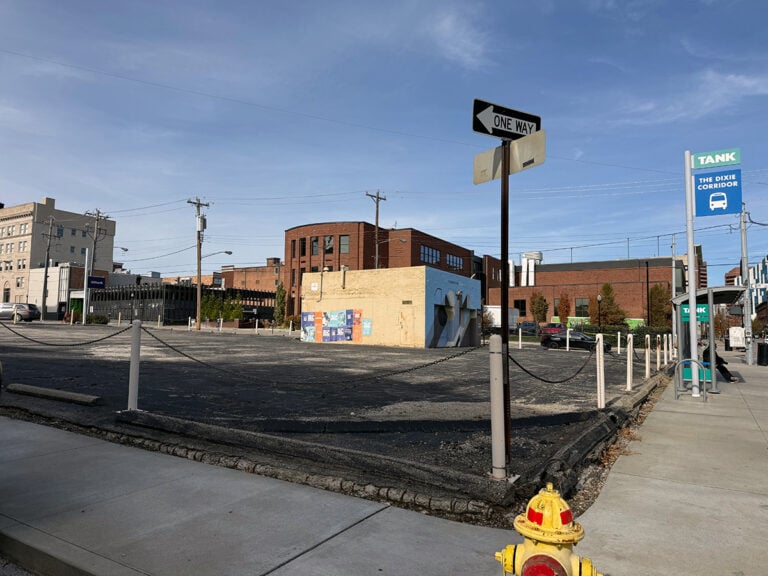By Mark Hansel
NKyTribune managing editor
A pretrial hearing for Christopher Wayne Wells in Kenton Circuit Court was rescheduled Monday because prosecutors are still awaiting the results of blood-evidence testing.

Wells was driving a truck that struck and killed six-year-old Eli Kindt on East 32nd Street in Latonia on October 6.
Wells, of Cincinnati, has pleaded not guilty to leaving the scene of a fatal wreck. He is now scheduled to appear for a pretrial hearing before Judge Gregory Bartlett April 2.
Kenton Commonwealth Attorney Rob Sanders said it is routine in the criminal justice system for a case to be prolonged while awaiting the result of lab tests.
“The Commonwealth of Kentucky has failed to adequately fund the Kentucky State Police Crime Lab for decades,” Sanders said. “Although we have made some small steps in the right direction in terms of getting the lab funded adequately in the last couple of years, we are still lagging way behind nearby states. Until we catch up, delays like this are going to be inevitable.”
A Kenton County Grand Jury indicted Wells in December on the Class D felony, which carries a sentence of 1 to 5 years in prison upon conviction.
Wells fled the scene after his vehicle truck the youth, but prosecutors say the evidence available at this time indicates he did not cause the collision.
The charges Wells faces are because he not only took off, but failed to summon emergency assistance. There were reports that Wells took off because he was threatened and called 911 from another location but Sanders said if he had made that call, he probably would not have been charged.
Sanders said it is frustrating when the resolution of cases are delayed because of evidence testing and the problem is widespread.
”It causes delays in everything from drug and alcohol testing of blood or urine to DNA and gunshot residue, hair analysis, you name it,” Sanders said. “If you can get evidence back from the crime lab in a few months, you are doing well because most of the evidence that we really need takes a year or more to get back.”
Training and retaining qualified personnel to perform the tests is also a challenge in Kentucky.
“We don’t pay our chemists and scientists at the crime lab enough money, so essentially what happens is, we end up training folks to go work in other states,” Sanders said. “They will get their foot in the door in Kentucky and once we get them certified to do the testing they get hired away by neighboring states that pay considerably more money than Kentucky does.”
There is a common misconception, Sanders says, that evidence testing works the same way in real life as it does in television crime shows, where results come back before the next commercial break. In the real world, it is not that easy, but some states are better than others.
“It’s really frustrating because I’ve had the good fortune to have evidence that, for one reason or another, was tested by the Ohio Attorney General’s Office,” Sanders said. “In Ohio, the state crime lab is not run out of the State Police, but it essentially does the same thing. They can get, for example, DNA testing back in a couple weeks, whereas we are waiting nine to 12 months.”
The testing of blood evidence is critical and could lead to charges being amended, depending on what it shows.
“Without knowing the result of the blood testing, we’ve worked this case up as far as we can,” Sanders said. “There might be more to this case depending on what the test result are, but we just won’t know until they come back.”
Contact Mark Hansel at mark.hansel@nkytribune.com


















Crazy because if i fail a drug test they damn sure issue a warrant within the week i just got get the court system